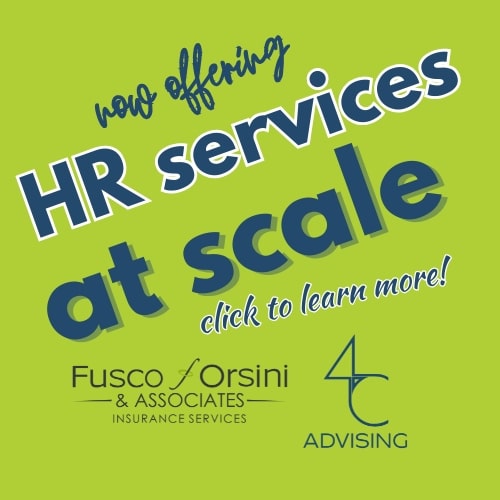


Most business owners dislike insurance audits, especially when they result in costing them more money.

Nobody appreciates an unexpected bill, especially in an environment with increasing expenses and shrinking profits.
But does an insurance audit mean that your insurance premium will increase?
Not so fast! Here are a few essential facts to keep in mind when discussing insurance audits and the potential for increased premiums.
When you hear the word “audit,” you likely think of tax and IRS audits. The premise of an insurance audit is similar, but they are not as intricate.
An insurance premium audit is an audit of the exposure basis for an insurance policy after the end of a policy period. It is used to determine actual (audited) risk exposure to make a final calculation of the premium and premium taxes. Exposures often include your business’ payroll and sales.
The more commonly audited policy types include general liability (even within a business owner’s policy or commercial package) and workers’ compensation. This information will focus on general liability and workers’ compensation.
A minimum premium is the least amount of premium to be charged for providing a particular insurance coverage. The minimum premium may apply in many ways, such as location, type of coverage, or policy.
It’s crucial to keep minimum premiums in mind because, when it comes to general liability or workers’ compensation audits, the cost of the policy cannot drop below the minimum premium.
An admitted company is licensed or authorized to sell insurance state-by-state. On the other hand, surplus lines insurers are permitted to sell insurance in a state on a non-admitted basis.
Why is this important?
Unless agreed upon and negotiated with an underwriter, most surplus lines carriers WILL NOT refund premiums based on the findings of an audit because of the 100% minimum and deposit clause added to policies.
In some cases, your broker can negotiate a 90% minimum and deposit, meaning you can receive a refund of up to 10% if your audit uncovers a lower exposure than initially estimated. You can receive a refund from admitted carriers due to the audit but within the minimum premium.
The insurance company uses exposures such as sales and payroll to generate premiums. General liability insurers use sales, payrolls, or a combination of both to determine premiums, and workers’ compensation insurers use payroll.
When you start an insurance policy, your broker will request estimates of your business activity, such as sales and payrolls, to propose your policies and provide costs.
If you look at your proposals, you will notice the “rating basis,” which will show the rate used in the premium determination. For example, a rate is applied to every $1,000 of gross sales for general liability and every $100 of payroll for each workers’ compensation class code.
At the start of the policy, the truth is that the premiums are an estimate, just like the sales and payrolls.
When the policy ends, the insurance company must charge the exposure’s correct premium and premium taxes. It doesn’t necessarily mean that the policyholder will owe MORE money.
In fact, since almost all workers’ compensation policies are issued by admitted insurers, it’s not uncommon that policyholders will receive a refund if they over-estimated their payrolls at the start of the term. But, of course, that refund cannot exceed the minimum premium.
If you have an upcoming insurance audit, it’s likely you are wondering what will cause you to pay more premiums after the audit.
1. Underestimating sales and payrolls
It isn’t always easy to estimate in some industries but look at trends and get as close as possible. Do not purposely undercut to save money. You will cost yourself at the audit because your rate is higher when you estimate lower sales and payrolls. The rate does not change at the final audit, but your premium will once the company uncovers higher sales and payrolls.
2. Class codes
Your insurance company can change classification codes at the final audit if they believe it aligns better with your business. If the change in class codes carries a higher rate, your premium will increase.
3. Employee counts
Employee counts can play a role in costs associated with the BOP, commercial package, or workers’ compensation policies.
4. Incomplete or non-compliant audits.
If you disregard an audit or have incomplete records, you can expect a non-compliant audit increase. State departments allow carriers to charge a certain percentage above the annual term if they cannot verify the exposure generated by a policyholder. Be aware of non-compliant audits.
Contact us today for audit assistance and more! We are here to make the insurance process easy for you.